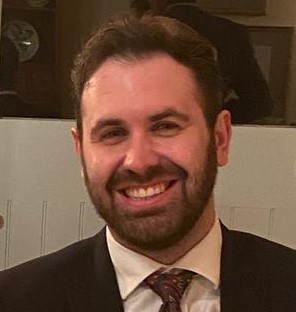Welcome to part 2 of the myHSN op-ed, written by our co-founder Dr Andrew Stein. Today, we focus on a debated idea: the seven day NHS.
2. Seven-day working week
Hospitals do not have the full complement of staff at weekends and bank holidays. The most senior hospital doctors (consultants, and their deputies, registrars) are present in small numbers at these times, and getting key investigations such as scans is much harder.
GP surgeries are open Monday–Friday 8am-6.30pm, excluding bank holidays. There is 24 hour GP cover but this is not by your local surgery.
This overlaps with point one, in the previous blog. Emergency cases continue to be admitted at weekends, but we discharge fewer patients. Therefore, because of the lack of a split between emergency and elective care, and the lack of a seven day working, these patients can often clog up beds in the surgical wards and planned elective operations on Monday are cancelled. These operations may also be cancelled to make way for emergency patients that have been admitted over the weekend.
Furthermore, operating theatres are poorly used at weekends, which is a waste of a valuable resource.
Being ill at weekends is dangerous. You have an 11% increase in mortality if you are admitted at weekends. This is true for all illnesses: medical or surgical, elective or emergency, low or high risk.
Solution: a seven day NHS
The time has come for the NHS to grow up and reflect social change. People get ill at weekends. Google, Tesco and Amazon staff work at weekends, and we should too. This includes hospitals, general practice, mental health, community and social care, elective and emergency – the whole shebang.
Many say that we just need more doctors and nurses. But the latest OECD analysis of healthcare in developed countries shows that while we could do with a few more doctors, this isn’t necessarily the solution. Instead, we need to be cleverer about how we use them and implement more effective rotas.
How (would it affect you)?
If you get ill during the week presently, the whole hospital suite of services is available to you. This enables a shorter admission and generally better access to diagnostics (scans and investigations) and senior decision making.
In some hospitals and specialties patients have access to senior decision makers, weekend operating lists and most investigations or scans. These are often specialist hospitals or departments. However, this is not the case in many hospitals and your care is adversely affected. Being admitted on a Friday evening could inadvertently add an extra two days to your admission length.
Increased staffing and services over the weekend would reduce length of stay and cut down on elective waiting lists. Weekend procedure lists are currently running in some NHS centres and these have cut waiting times for operations and enabled procedures to happen more quickly. Again, this is broadly not the case.
Increasing the number of days available to carry out NHS work by two extra days, or 40%, is necessary to reduce the shortfall in care outcomes that occur at the weekend, and reduce the backlog created by years of cancelled operations, along with the impact of the COVID-19 pandemic.
The predominant challenges of a seven day NHS include creating capacity through recruitment, fair and creative rota design and salary compensation to account for higher weekend cover.
Look out for part 3 of this series tomorrow.
As always, best wishes from myHSN!


